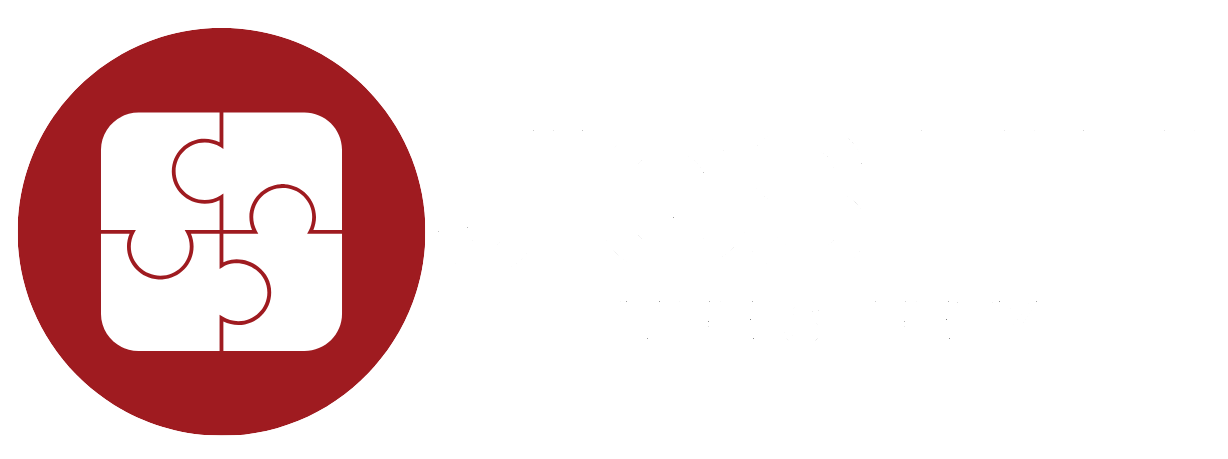Ductless Fume Hoods (DFH) are becoming more prevalent as a replacement for conventional fume hoods in a laboratory setting. These hoods are not continuously ventilated to the outdoors but rather use filters to remove hazardous substances from the exhaust prior to recirculation in the space. Their ease of installation and the increasingly challenging limitations placed on lab buildings by the energy code have made them an attractive option for lab designers and operators. However, their popularity has brought to light several operational concerns. These concerns include the necessity for appropriate training, the variability of experiments that could alter the hood’s effectiveness, and the potential for inadequate maintenance. These limitations all contribute to the complexities surrounding the deployment of DFHs in laboratory environments.
The 2019 edition of NFPA 45, the current standard governing the use of laboratory ventilation and fume hoods, does not endorse the use of ductless hoods as a replacement for conventional fume hoods. This stance is echoed by the Boston Fire Department, which aligns with the current NFPA’s guidelines by not approving new installations of ductless fume hoods, particularly due to their limitations in handling hazardous vapors that may be flammable or toxic. The local Fire Officials emphasize the language within NFPA 45, which permits the use of ductless fume hoods in situations where laboratory activities present only nuisance vapors that do not pose significant flammable or toxic hazards. This cautious approach in NFPA 45 and, subsequently, from the Fire Officials stems from the current code language and the inherent risks associated with ductless fume hoods, including their reliance on filters that may not be effective against all types of vapors or gases, thereby potentially exposing laboratory personnel to harmful substances. Additionally, the effectiveness of these hoods may be compromised over time through poor maintenance or inappropriate use, further underscoring the operational challenges enforcement officials face.
The Boston Fire Department’s policy reflects a broader concern within the fire service community, as shown by other jurisdictions like Watertown Fire Department, which have also voiced apprehensions regarding the compliance of ductless fume hoods with current codes. As additional jurisdictions become aware of the limitations and risks, it is anticipated that more jurisdictions will express concern. As such, entities wishing to install these hoods in a laboratory setting should anticipate encountering resistance during the permitting process and may need to seek a variance from the Massachusetts Fire Prevention Appeals Board, where support from the local Fire Official should not be anticipated.
Further, the Fire Official has the authority to request additional documentation to confirm there is continued compliance throughout the lifecycle of these ventilation devices and systems. Boston Fire has expressed that the use of these devices often warrants additional safeguards and determining compliance for their intended use requires a robust Hazard Identification and Risk Assessment coupled with comprehensive fume hood commissioning. Specifically, the ANSI Z9.5-2022 Laboratory Ventilation Standard, which is referenced in NFPA 45, establishes minimum requirements and best practices for operating and maintaining laboratory ventilation systems to protect personnel from physical harm and overexposure to harmful or potentially harmful airborne contaminants in laboratories. Specifically, the Laboratory Ventilation Management Plans (LVMP) within the standard is designed and implemented in conjunction with the Building Airflow Management Plan, Laboratory Ventilation Systems Design Report, & Management of Change Program to ensure all ventilation systems and subsystems are providing workers and occupants a safe work laboratory environment.
Looking ahead, it is anticipated that future editions of NFPA 45, once adopted into the state and modified through the Massachusetts amendments process, will introduce more detailed guidelines specifying the appropriate contexts for the use of ductless fume hoods. Until such updates are made and adopted by the State, the use of these hoods remains a contentious issue, with safety and compliance concerns at the forefront of the debate. While requirements and oversight may vary within each jurisdiction, it is imperative to seek out those consultants with the expertise and experience within each city or town to provide sound solutions to all laboratory projects.
ABOUT US: Jigsaw Life Safety is an approved third party for Laboratory Registration support. Our laboratory registration team understands how challenging it can be to prepare for day-to-day laboratory operations in an ever-changing compliance environment. We are well versed in all regulatory obligations, permits, and programs that are necessary to maintain laboratory compliance. We utilize our experience working in life sciences and consulting to develop personal relationships with our clients. Count on us to provide practical compliance-driven solutions for your company. Let us help make sure you are providing a safe and code compliant environment for your team.





